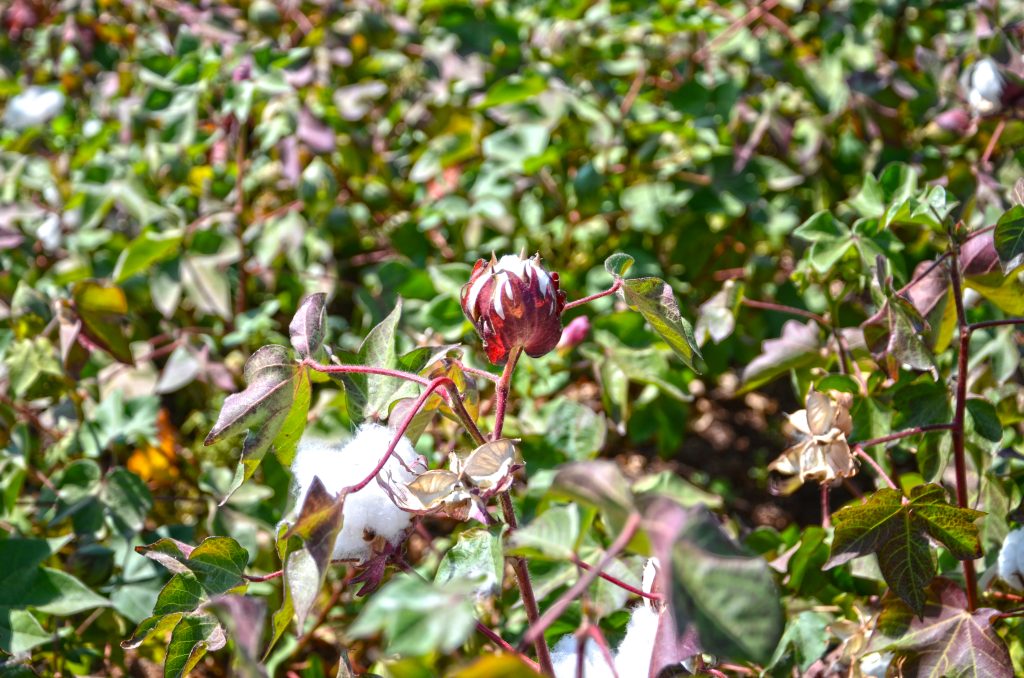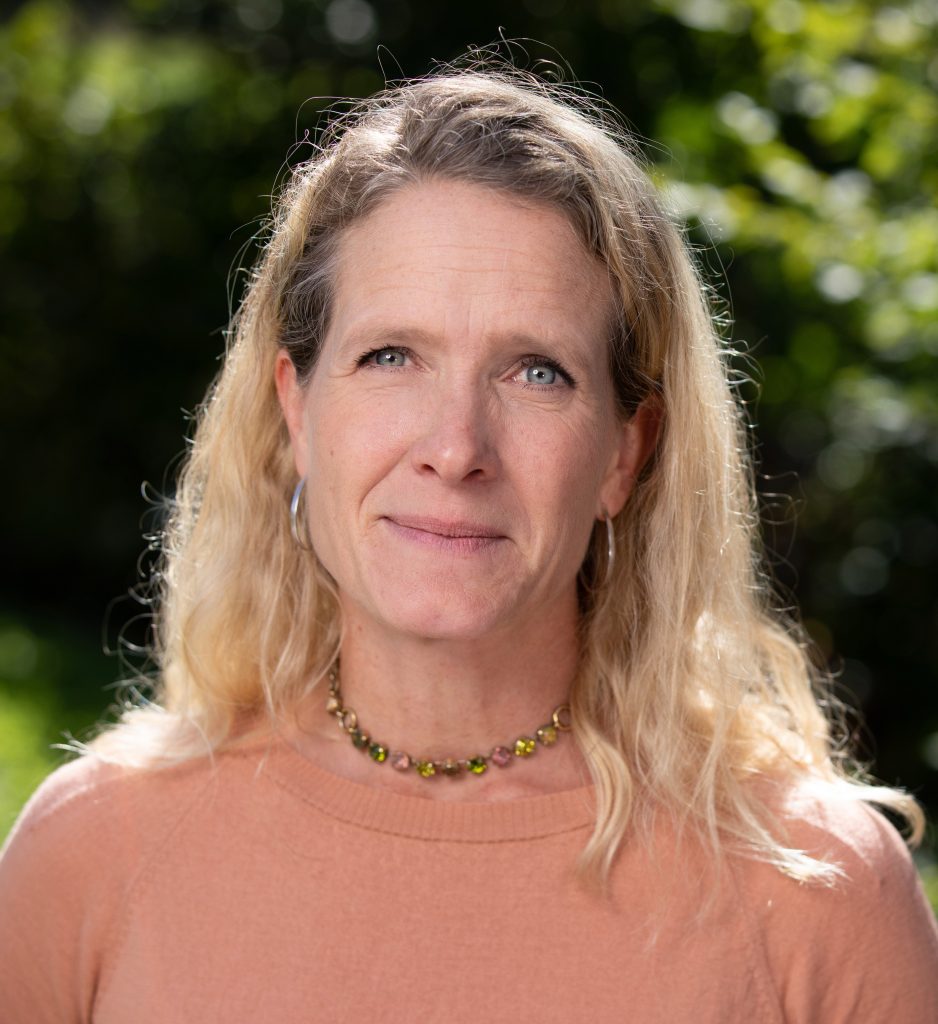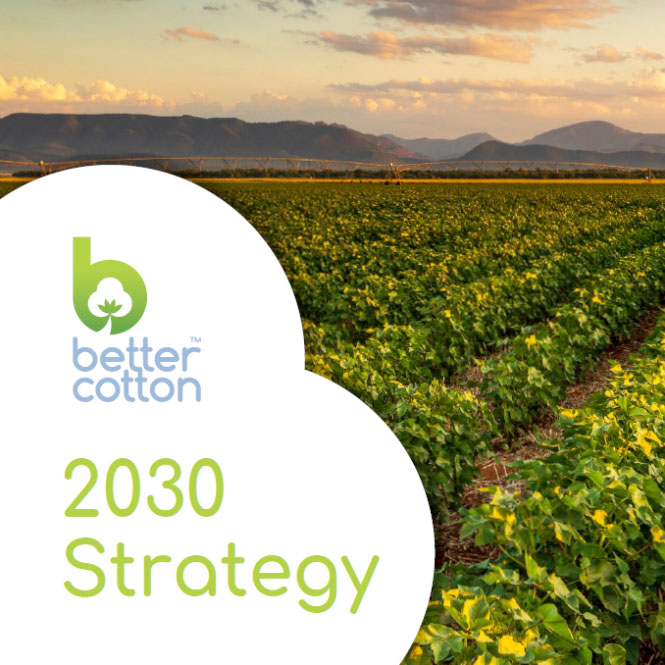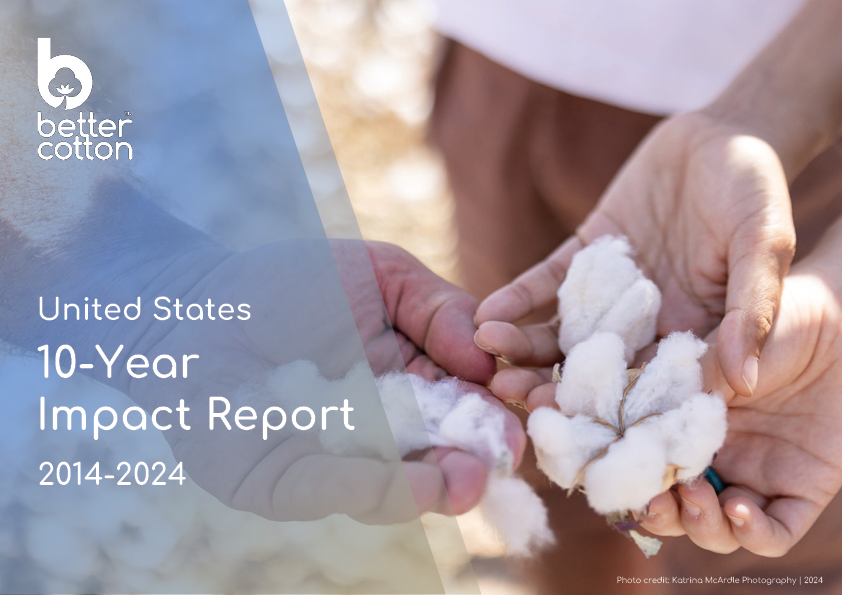- Who we are
- What we do
In just over 10 years we have become the world’s largest cotton sustainability programme. Our mission: to help cotton communities survive and thrive, while protecting and restoring the environment.
- Where we grow
Better Cotton is grown in 22 countries around the world and accounts for 22% of global cotton production. In the 2022-23 cotton season, 2.13 million licensed Better Cotton Farmers grew 5.47 million tonnes of Better Cotton.
- Our impact
- Membership
Today Better Cotton has more than 2,700 members, reflecting the breadth and diversity of the industry. Members of a global community that understands the mutual benefits of sustainable cotton farming. The moment you join, you become part of this too.
- Associate Membership
- Civil Society Membership
- Producer Organisation Membership
- Retailer and Brand Membership
- Supplier and Manufacturer Membership
- Find Members
- Member Monitoring
- Better Cotton Platform
- myBetterCotton
- Resources – Better Cotton Conference 2022
- Complaints
- Whistleblowing
- Safeguarding
- Get Involved in the Better Cotton Programme
- Thank you for contacting us
- Better Cotton’s Data Privacy Policy
- Log in
- Members’ Area
- Request for Proposals
- Better Cotton Cookie Policy
- Web Reference
- Measuring Cotton Consumption
- How to Implement the Chain of Custody Standard
- Resources – Better Cotton Conference 2023
- Certification Bodies Old
- Latest
- Sourcing
- Latest
The founding premise of Better Cotton is that a healthy sustainable future for cotton and the people that farm it is in the interests of everyone connected with it.
Let us help you find what you’re looking for
Results for {phrase} ({results_count} of {results_count_total})Displaying {results_count} results of {results_count_total}

By Lena Staafgard, COO, Better Cotton

This article was first published by WWD on 21 June
The past decade has seen a growing demand from consumers to know that the food in their fridges and the clothes in their wardrobes are made without causing harm to people or nature. Emerging to meet that demand has been a wave of voluntary sustainability standards. While none are quite the same, most adhere to the same basic model: they establish a bar for what “good” looks like, invite companies and commodity producers to meet it, and issue successful candidates with a public mark of approval.
This compliance-oriented approach gives most consumers the broad assurance that they are looking for — a fact that would ideally flow into higher sales and thus greater revenues for certified producers. Counterintuitively, however, the real impact of such voluntary schemes actually lies with those that fail to reach the bar. It’s here where the bulk of social and environmental damage is done, and, consequently, it’s here where the greatest potential for change exists. By holding out the promise of higher sales, certification offers a powerful kick to get that change process started.
Such a kick start is intrinsic to the mission of the best voluntary sustainability standards. This process of improvement starts with clarifying good practices, communicating them to producers, and then giving them the tools and support to make them operational. Over the years, Better Cotton has been doing precisely this with cotton farmers around the world; first through its Principles and Criteria, and, second, through the practical training it offers millions of farmers through its network of local partners.
The tangible differences we and other voluntary standards have made is substantive: a decline in negative impacts, an upsurge in positive benefits. Yet, even with the active support of industry partners, there is only so far we can go alone. Our model of change is sound, but our resources and reach are limited. Success to date has therefore focused on specific production chains, in specific markets; not wholesale change across the board.
So how do we broaden our scope and impact to transform business at large? The answers are multiple, but a critical piece of the puzzle is one that has been largely missing till now: government action. Governments have the legislative power, the development mandate, and the administrative reach that voluntary-standards bodies could only wish for. Mobilizing these in support of our model of change would unlock our scope for impact and accelerate business’ potential for improvement.
The importance of governments playing a proactive role in scaling up the work of voluntary sustainability standards is not just my view. It’s also the opinion of the International Institute for Sustainable Development (IISD). In a timely new report on the future of cotton-related standards in South Asia, the influential development think-tank calls on governments to “update sectoral, environmental, and labor policies” in line with commonly agreed best practices.
As a minimum, this would mean ensuring unsustainable practices are phased out or banned straight-out. Take prohibiting hazardous chemicals, a move adopted by India, for instance, in the case of 27 highly toxic pesticides. Government support for training in sustainability technologies and skills would also galvanize better practice. So too could a shift in public procurement. Governments spend billions of dollars every year on products and services. Pledging that certified producers get supplier preference would amplify the clear market signal already coming from consumers. Sales taxes or other pricing mechanisms that pushed up the cost of unsustainable products would have a similar signaling effect.
As with any strategy for changing a large system, policy interventions need to form part of a bigger plan. At present, few governments have a forward-looking, positive vision of what sustainable commodity production looks like and how it could be realized. Voluntary-standards bodies, in contrast, very much do — and they are only too happy to share them.
IISD’s stated rationale for government to take the lead is as simple as it is incontrovertible: to advance sustainable production, and to make compliance “easier for farmers.” Both chime with our central goal at Better Cotton. This isn’t about standards bodies like ours stepping back. Instead, it’s about a sharing of responsibility. We know that deep and lasting change depends on what we would call the “enabling environment” — when policies and the regulatory framework rewards sustainable behavior consistently.
Our game plan was never to go it alone. We came into being to clarify a baseline of public expectations and to prove these can be delivered in practice. That stage is now complete. Now it’s time for governments to step in and work with voluntary standards to ramp up what has been put in place. The model for change exists, the lessons have been learned, and the invitation to governments to join has been extended.


